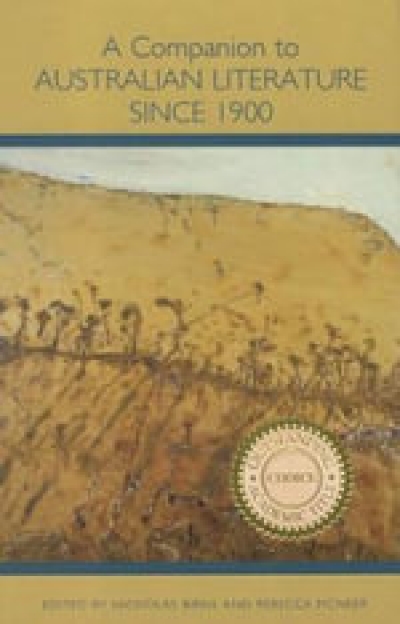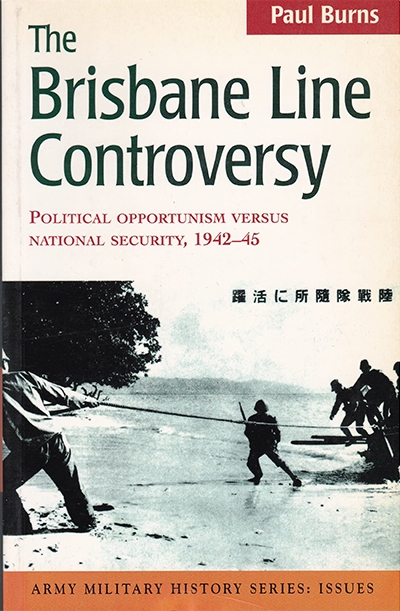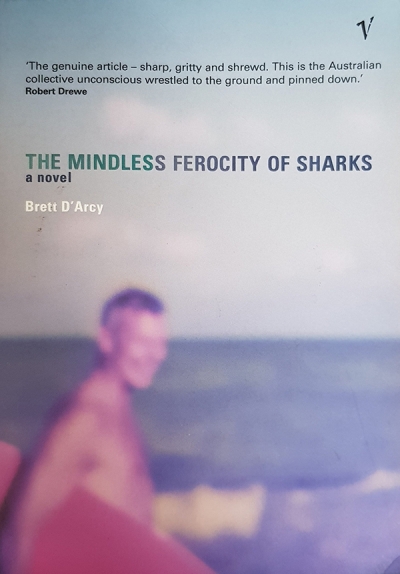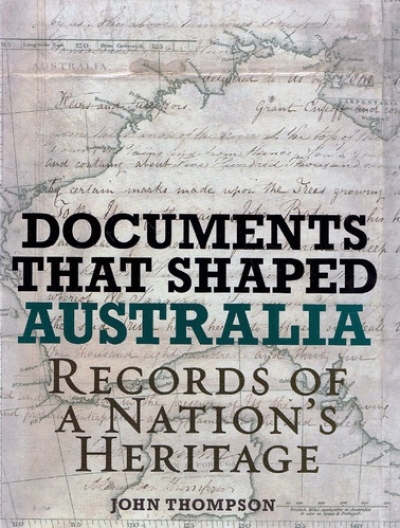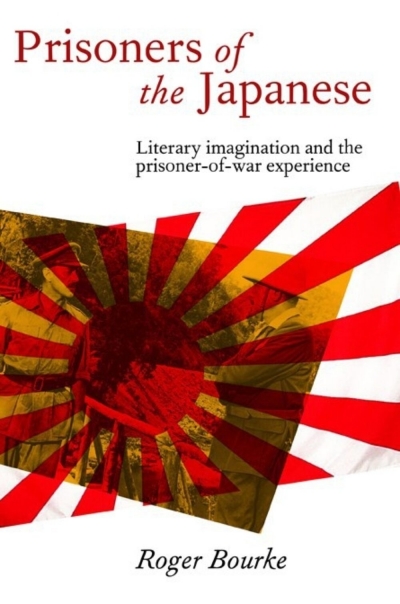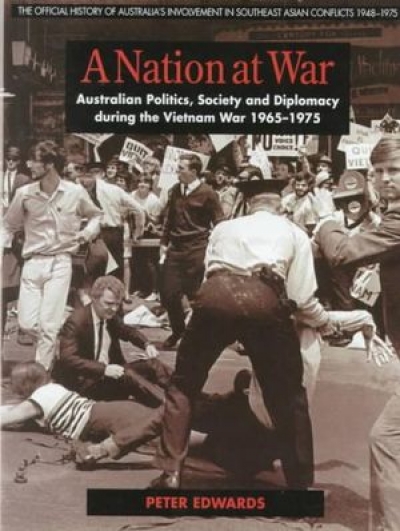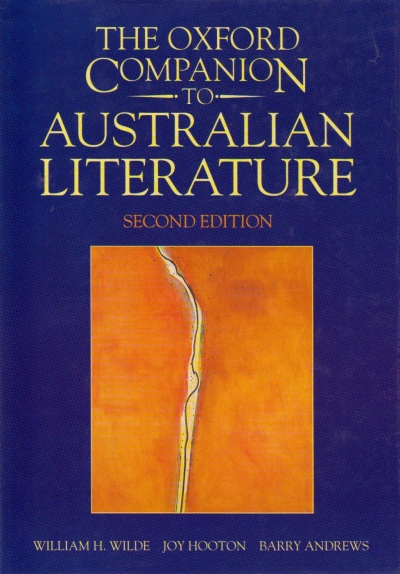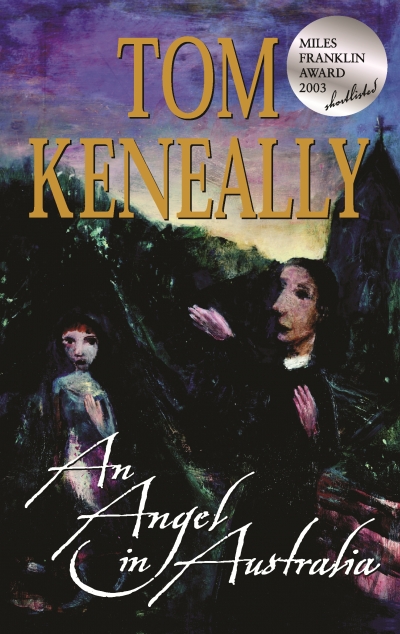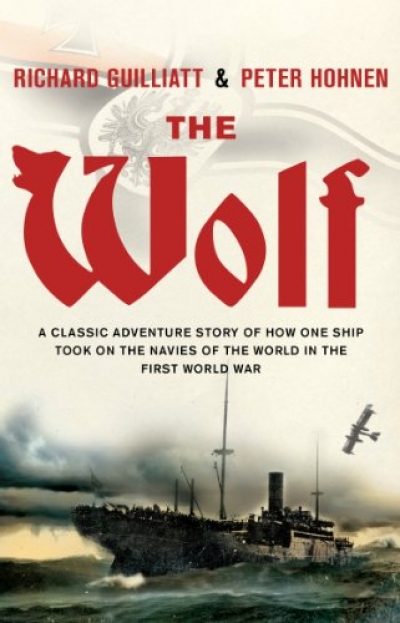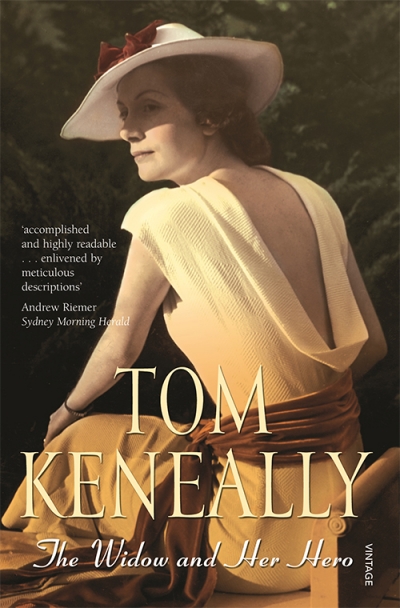Peter Pierce

Peter Pierce (1950-2018) was an Honorary Professor at Monash University. He edited The Cambridge History of Australian Literature and had been chief judge of the Prime Minister's Literary Award for Fiction for the many years. Among his other books are From Go to Whoa: A Compendium of the Australian Turf; Australian Melodramas: Thomas Keneally's Fiction; and The Country of Lost Children.
The title is not provocative: The Brisbane Line Controversy, but Paul Burns’s subtitle flags the partisanship that will mark his study. This is a case, he contends, of ‘Political Partisanship versus National Security 1942–45’. His conclusion is unobjectionable: ‘belief in a “Brisbane Line” was our barometer of fear about the vulnerability of our own continent which no Australian Army ... (read more)
Brett D’Arcy’s novel, arrestingly titled The Mindless Ferocity of Sharks, is one of the most unusual and accomplished to be published in Australia for years. The setting is a decaying town called the Bay on the coast of Western Australia, south of Perth. Its abattoir and tanneries have long since closed. The locals are sufficiently hostile to have fended off development – so far. They endure ... (read more)
For many undergraduate students of Australian history in the 1960s (when there were still plenty of them), the set text was not a narrative history but Manning Clark’s Select Documents in Australian History (1950, 1955). Dry but fascinating, the documents covered the period from 1788–1900. First published more than a decade before the opening volume of Clark’s A History of Australia, here we ... (read more)
When it was first published, Tasmanian army nurse and prisoner of war Jessie Simons entitled her memoir of captivity While History Passed (1954). It was reissued as In Japanese Hands (1985). This was one of the numerous autobiographical works produced after their ordeal by POW survivors, whether they were driven by an enduring hatred of their captors (Rohan Rivett, Russell Braddon) or by a strivin ... (read more)
A nation at war is a less than gripping tide, although it is suggestively ambiguous. Australia was at war in Vietnam for most of the decade covered in Peter Edwards’s book. In senses chiefly, but not wholly, metaphorical, it was also a society ‘at war’, divided over conscription and the commitment of troops to Vietnam. The excellent cover photograph illuminates the latter implication of Edwa ... (read more)
‘Those bastards at Oxford,’ Barry Andrews fulminated ten years ago (he had in mind one or two in particular) ‘are trying to make us cut 200,000 words from the book!’ The ‘book’ was the first edition of the estimable The Oxford Companion to Australian Literature. The ‘bastards’ had miscounted and the text survived more or less in full. Now, nine years after its first publication, th ... (read more)
Writing novels, he’s Tom Keneally. Works of history – such as The Great Shame (1998) about the Irish diaspora to the USA and Australian in the nineteenth century, and this year’s American Scoundrel, concerned with the adventures of politician, general and amorist Dan Sickles – are by Thomas Keneally. There is more doubling in Keneally’s most recent novel, for he uses two titles. In this ... (read more)
Late in November 1916, the German commerce raider Wolf, laden with 100 tonnes of mines, set out on a journey of 100,000 kilometres across three oceans. After the ship reached home, in February 1918, 442 days later, its guns and mines had destroyed more than twenty Allied vessels. Hundreds of their crews and passengers had been held captive. When the voyage of the Wolf began, German U-boats were si ... (read more)
In September 1943, seventeen commandos of Z Special Force, led by Lieutenant Commander Ivan Lyon, attacked and sank with limpet mines seven ships in the Singapore harbour. A year later, in October 1944, when the Pacific War had only months to run, a repeat performance failed and all those involved were either killed in action or executed by the Japanese. Though these events provide the basis for T ... (read more)

